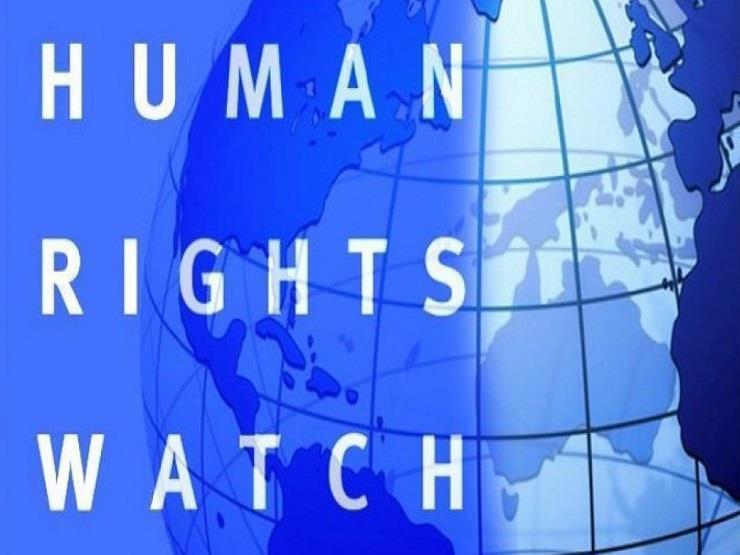US-backed Saudi-led coalition Still murdering children in Yemen
YemenExtra
Y.A
The Saudi Coalition fighter jets allegedly killed at least 26 women and children in Hodeida, a local human rights group reported.
“Terrible news coming from western port city of Hodeidah, Yemen,” freelance journalist Shuaib M. Almosawa tweeted. “Saudi coalition has reportedly targeted displaced people and a private house, killing 31 mostly children in al-Duraihimi district, according to health ministry in capital Sana.”
The United Arab Emirates state news agency WAM, however, said that the Houthis launched a ballistic missile that killed one and injured at least a dozen more in Ad Durayhimi, according to Reuters.
It’s unclear at this point exactly how many civilians were killed, and how the airstrike was carried out.
The alleged airstrike comes two weeks after a Saudi-led coalition airstrike killed dozens of childern in a bus school in northern Yemen.The attack, in Sa’ada, killed 51 civilians, 42 of them children. In the Sa’ada attack, the Saudis insisted attacking a school bus full of children was a “legitimate military action.” It is clear, however, that they don’t want to admit to this current attack, as they are trying to pin it, unconvincingly, on Ansarullah, Houthis.
The bomb used in the Saudi-led coalition airstrike on August 9 was reportedly a 500-pound (227 kilogram) laser-guided MK 82 bomb made by Lockheed Martin, a top US defense contractor.
Hodeidah is a strategic port city which should be supporting more than 20 million Yemenis. It should be the source of at least 70 percent of all imports to Yemen,” Suze van Meegen, a protection and advocacy adviser with the Norwegian Refugee Council, told AFP. The US-Saudi-led coalition has been eager to retake from Yemeni joint forces control, according to Yemeni officials.. But the former UN special envoy to Yemen, Ismail Ould Cheik, warned against attacking the port city over potential catastrophic consequences to Yemen last year. Martin Griffiths, the new special envoy to Yemen, echoed the same concern over attacking Hodeidah at the UN Security Council .
In March 2015, the US backed –Saudi-led coalition started a war against Yemen with the declared aim of crushing the Houthi Ansarullah movement, who had taken over from the staunch Riyadh ally and fugitive former president Abd Rabbuh Mansur Hadi, while also seeking to secure the Saudi border with its southern neighbor. Three years and over 600,000 dead and injured Yemeni people and prevented the patients from travelling abroad for treatment and blocked the entry of medicine into the war-torn country, the war has yielded little to that effect.
The US is part of the Saudi-led coalition, which began striking the Houthis after they overthrew Hadi, providing limited intelligence sharing, aerial refueling for coalition jets, training to make coalition airstrikes more precise, and more.
The US’ support for the coalition, however, especially after the airstrike that killed dozens of children two weeks ago, has drawn condemnation from US politicians.
In January, Germany and Norway announced that they would stop selling weapons in the Saudi-led coalition over the war in Yemen.
And the US complicity in all this hasn’t been lost on the world state either. Since the dirty war began, the United States has sold over $115 billion worth of weapons to Saudi Arabia. That’s why the world community has on several occasions called for a stop to the US arms and military equipment sales, even a resolution at the United Nations to block such sales. They have also urged the US government to stop re-supplying planes engaged in the reprehensible and illegal bombing runs or providing “intelligence” for the civilian targets that Saudi Arabia is hitting.
Tragic enough, the international community is apt to be disappointed as it does not appear Washington or Riyadh put much stock in human rights. Instead, all we hear is joint bombing runs against civilian objects by these foreign actors, even though it flies in the face of long-standing international standards of conduct. After all, Oxfam says: “Due to US support of the Saudis, this is a Saudi-American military campaign, not just a Saudi campaign.”

